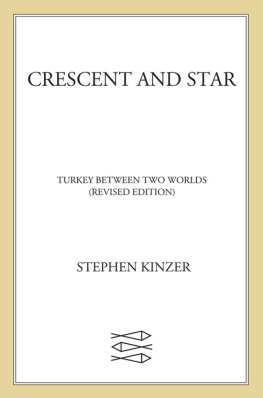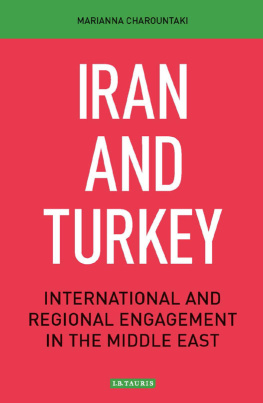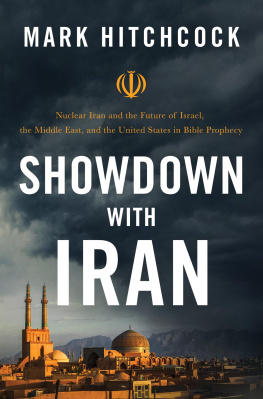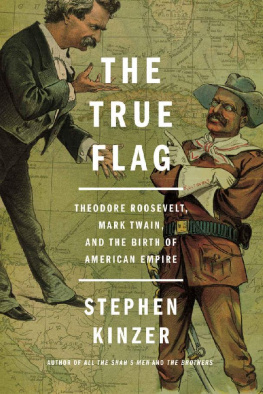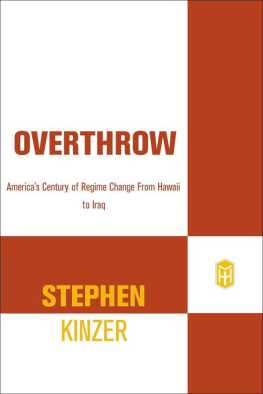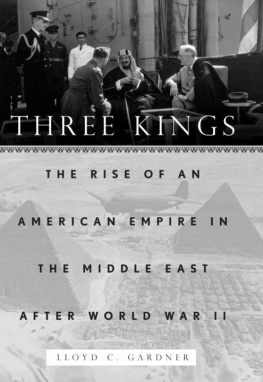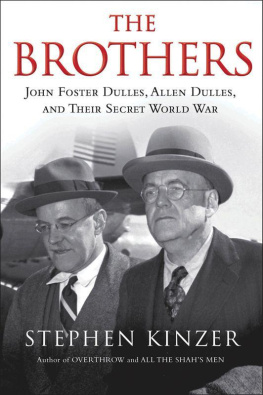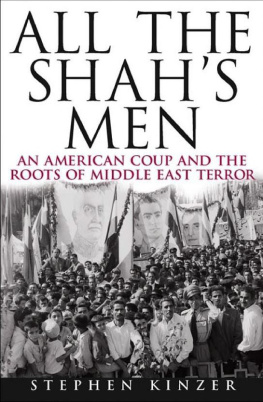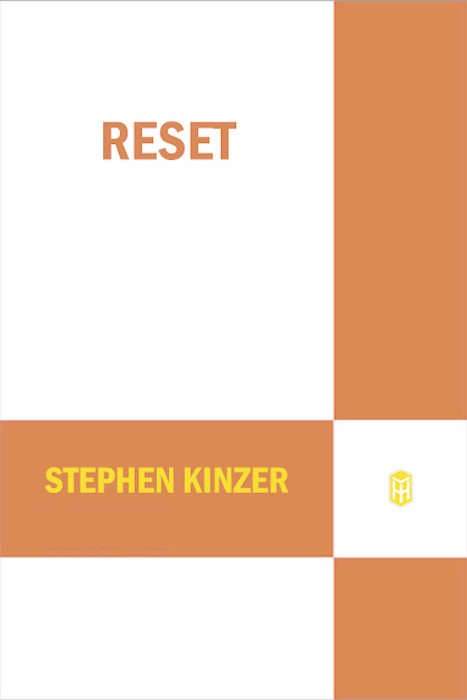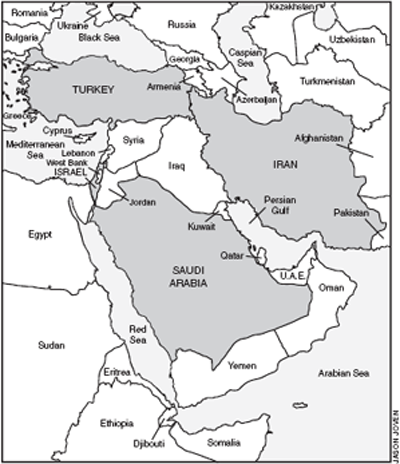Kinzer, Stephen.
Reset : Iran, Turkey, and Americas future / Stephen Kinzer.1st ed.
p. cm.
Includes bibliographical references and index.
ISBN-13: 978-0-8050-9127-4
1. United StatesForeign relationsIran. 2. IranForeign relationsUnited States.
3. United StatesForeign relationsTurkey. 4. TurkeyForeign relationsUnited States. I. Title.
E183.8.I55K56 2010
327.73055dc22
INTRODUCTION
A broken line of terrified schoolboys, laden with rifles and homemade grenades, crept through the streets of ancient Tabriz as dawn broke over the starving city. Weakened by hunger after months of siege, many of them sick, these young men nevertheless understood that they were the vanguard of Irans struggle for democracy. Above all they were inspired by the man they followed. He was not, like other guerrilla leaders, a defiant officer, a bandit turned patriot, or the product of a long line of Persian fighters. Instead he was as unlikely a revolutionary as could possibly have emerged in this proud and ancient land: a twenty-four-year-old schoolteacher from Nebraska named Howard Baskerville.
Neither the inspiring figure of their leader nor the invigorating spring breeze blowing down from the nearby Sahand Mountains, however, was enough to persuade most of these boys and young men that this day, April 20, 1909, was their day to die. A hundred followed Baskerville as he set out at first light. By the time their column approached the city wall an hour later, fewer than a dozen remained. Nonetheless Baskerville pressed on.
Patriots in Tabriz were resisting a counterrevolution aimed at crushing Irans new democracy and restoring the decadent Qajar monarchy. Royalist forces had surrounded the defiant city. Their siege was terrifyingly effective; hunger and disease killed people every day, and many of the living were reduced to eating grass. They could survive and continue to resist only if someone, somehow, could break through the siege line, reach a nearby village, and return with food and medicine. Baskerville volunteered to try.
Be careful, one of his American friends begged him before he set out. You know you are not your own.
No, he replied. I am Persias.
Born in the Nebraska prairie town of North Platte and raised in South Dakotas Black Hills, the son and grandson of Presbyterian preachers, Baskerville was an improbable candidate for martyrdom. As a teenager he was pious, sober, and studious enough to win admission to Princeton University. There he studied religion, excelled in horsemanship, and became a modestly successful boxer. He also took two courses taught by Woodrow Wilson, one called Jurisprudence and the other Constitutional Government. Wilsons lectures stirred the passion for democracy that shaped his short life.
After graduating in 1907, Baskerville decided to postpone his entry into Princetons theological seminary and work for a time as a missionary. That autumn he arrived in Tabriz, a two-thousand-year-old city in northwest Iran that is the supposed birthplace of the prophet Zoroaster and was built, according to legend, on the site of the Garden of Eden. There he taught history, geometry, and English to mixed classeshe insisted on accepting girls as well as boysat the American Memorial School. He also became the schools tennis coach and riding instructor, directed a student production of The Merchant of Venice, and closed his first Thanksgiving sermon with a stirring verse from Sir Walter Scott:
Breathes there a man with soul so dead
Who never to himself hath said,
This is my home, my native land!
Baskervilles students would have found those words excruciating. For decades their prostrate homeland, heir to a great empire led by heroic kings like Cyrus, Darius, and Xerxes, had been misruled by a dissolute dynasty and looted by rapacious outside powers. In 1907, Britain and Russia signed a convention dividing Persiaas Iran was then knowninto spheres of influence. Britain took the southern part of the country, Russia the north. No Iranian participated in or even knew about the negotiations that produced this agreement.
Yet the early twentieth century was an age of ferment and rebellion as well as imperial power. The Boers overthrew British rule in South Africa. Russian insurgents forced Czar Nicholas II to establish a legislature. The Russo-Japanese war ended with victory for Japan, suggesting that Europeans were not fated to dominate Asians forever.
None of these shattering events went unnoticed in Iran. Anger at the docile Qajar dynasty, and at the foreign powers it served, sparked waves of protest. In 1906 these protests achieved their unimaginable goal: democratic revolution. The king, Muzaffer al-Din Shah, was forced to make concessions like those King John had made seven centuries earlier when he signed the Magna Carta. He agreed to permit the proclamation of a constitution, the holding of elections, and the establishment of a parliament. Under the new constitution, freedom of speech and press were guaranteed, monarchs were forbidden to sign treaties or borrow money without approval from Parliament, and all citizens were declared equal before the law.
Forty days after reluctantly accepting this constitutionthe pain may have been too great for himMuzaffer al-Din Shah died. His son and successor, Mohammad Ali Shah, described by one contemporary as perhaps the most perverted, cowardly and vice-sodden monster that had disgraced the throne of Persia for many generations, loathed the new democracy. Determined to crush it, he dissolved Parliament and then, on June 3, 1908, sent Russian-led artillery units to bomb the building where it met. Scores of deputies were killed. Protests broke out across the country, but the shah ruthlessly crushed them. The only city he could not subdue was Tabriz, which, because of its location near the borders with Russia and Turkey, was the portal through which democratic ideas had been streaming into the country for years.


